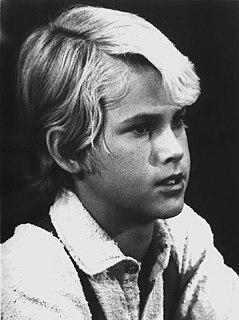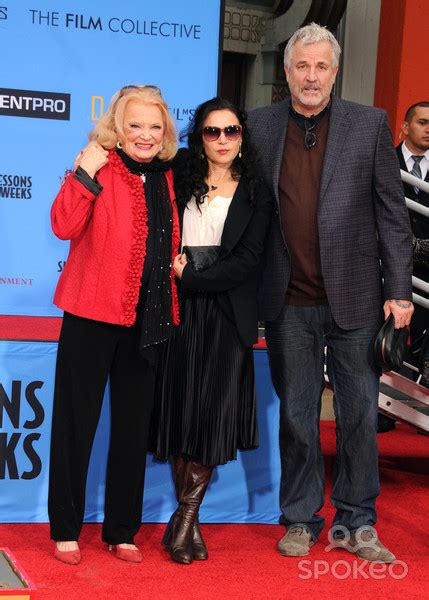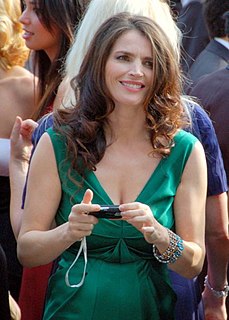A Quote by Christopher Eccleston
I think the themes of belonging and parentage and love are obviously universal.
Related Quotes
I mean these are universal themes. I try not to preach, for sure. I don't enjoy movies that preach - so I don't want to preach myself when I tell stories because I just feel all of these themes are built into us in terms of redemption and mercy and love and compassion and all these things. And the negative sides, as well.
I don't think that the universal themes of love, compassion, and forgiveness (are present). (You're) searching constantly for the next step, the next level and consciousness in your spirituality, who you are as a human being and what you contribute to society or what God means to you is always a course everyone goes on.
When we can let go of what other people think and own our story, we gain access to our worthiness—the feeling that we are enough just as we are and that we are worthy of love and belonging. When we spend a lifetime trying to distance ourselves from the parts of our lives that don’t fit with who we think we’re supposed to be, we stand outside of our story and hustle for our worthiness by constantly performing, perfecting, pleasing, and proving. Our sense of worthiness—that critically important piece that gives us access to love and belonging—lives inside of our story.

































